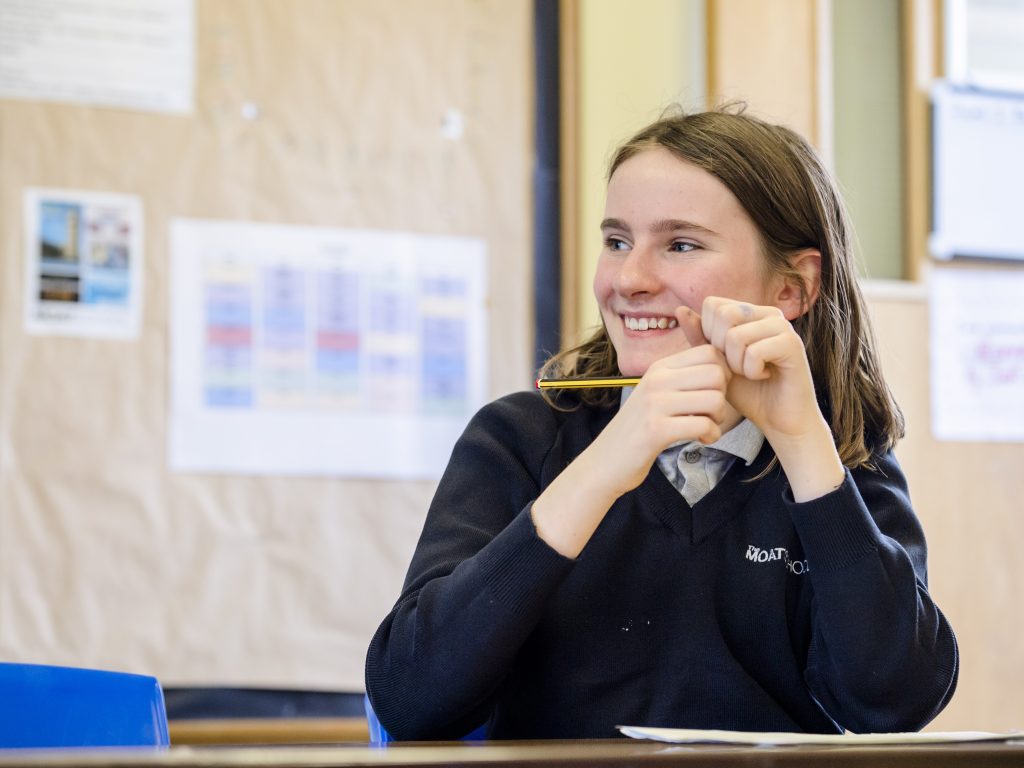“The most important thing is to never stop questioning.”
— Albert Einstein
Developing a sense of curiosity and wonder is key to our approach to science. We aim to relate the curriculum to the world around and within us in order to connect and integrate ourselves to each other and the environment, on a local and global scale.
Using a variety of learning strategies, approaches and content that is transferable across subjects, we aim to combine the best of hands-on analogue learning with a fluid complimentary use of ICT and relevant software. This enables us to differentiate effectively between learning styles in order to best help both individual pupils and classes as a whole.
We are fortunate to be situated adjacent to Tooting common and to have an extensive garden to the rear of the school. This beneficial to the students’ mental and physical health, but also enriching in terms of the possibilities and opportunities that it affords the department
in enabling hands on learning to compliment and inform the National Curriculum.
The key aims of the science department:
- Developing scientific knowledge. Pupils learn about biology, chemistry, and physics to develop their scientific knowledge and understanding.
- Understand the nature of science. Pupils learn about the methods and processes of science through scientific inquiries. They also learn that scientific knowledge is open to revision based on new evidence.
- Understanding the uses of science. Pupils learn about the uses of science in society and their own lives. They learn about the contributions science has made to society, such as eradicating smallpox and discovering penicillin. They also learn about the importance of science in solving global challenges.
- Inspiring curiosity. Pupils are inspired to develop a sense of curiosity and enthusiasm for science.
- Preparing for careers. The science curriculum provides a foundation for a variety of careers that are important for economic, environmental, and social development.
“Mystery creates wonder and wonder is the basis of man’s desire to understand.”
Neil Armstrong


